18 Survival Secrets to Master When Law and Order Vanish


When law and order collapse, survival skills become crucial for staying safe and secure. The chaos that follows such breakdowns can make even basic tasks challenging, and knowing what to do can mean the difference between safety and peril.
We delve into essential survival tactics to help you navigate a world where traditional systems have failed. These strategies cover everything from fortifying your home to sourcing food and water, ensuring you’re prepared for various scenarios.
We selected these tactics based on their practical application in crises and effectiveness in real-world scenarios. While some may seem basic, they are proven methods for maintaining safety and stability when societal structures break down.
Panic can cloud your judgment. Take deep breaths and assess the situation before making decisions. Keeping a clear head helps you make better choices and stay safe. Practicing mindfulness or breathing exercises can help you stay calm under pressure.
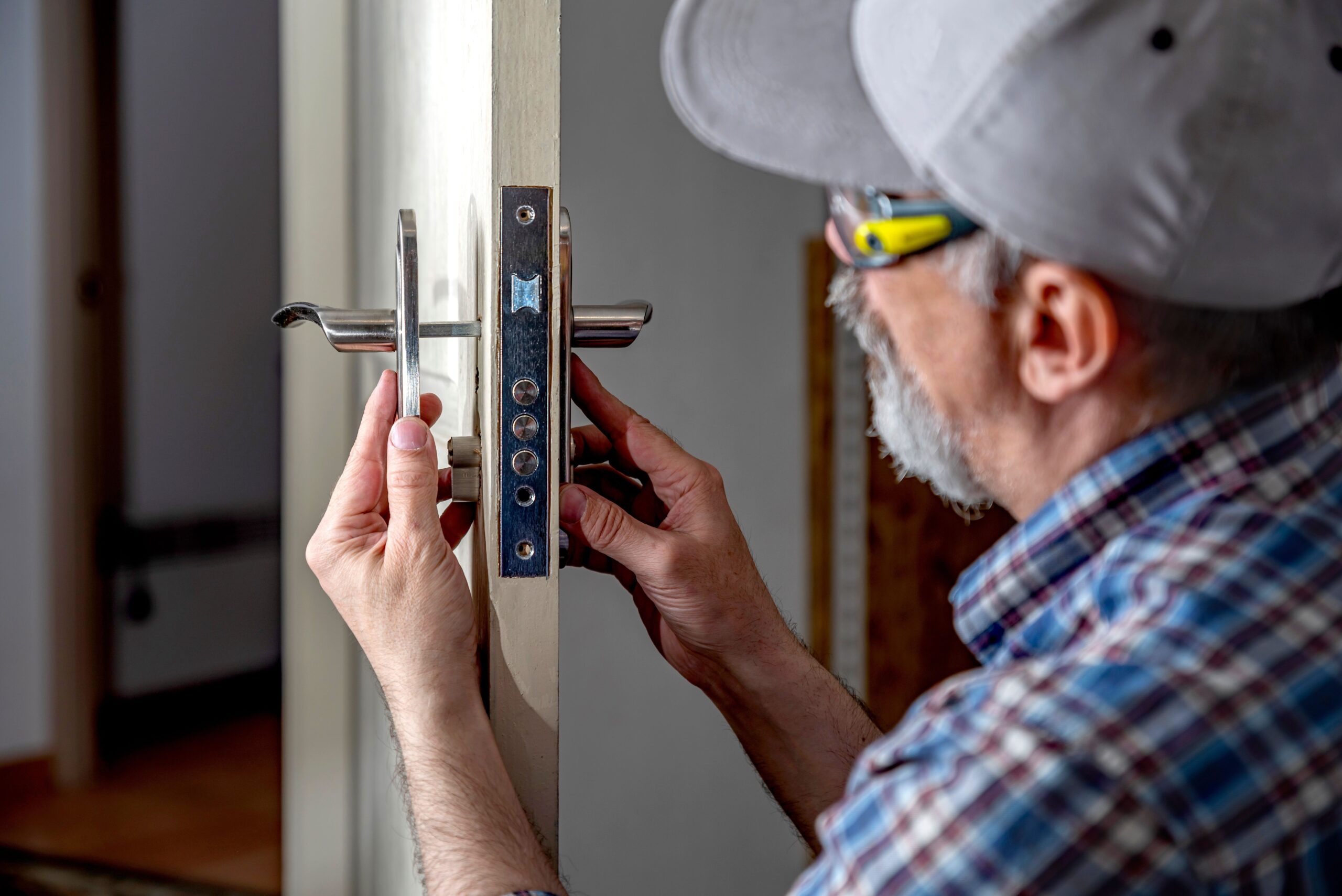
Make your home as secure as possible. Lock all doors and windows, and use barricades if necessary. Keeping your home secure helps protect you and your family from potential threats. Reinforce entry points with extra locks or barriers to prevent intruders from entering.
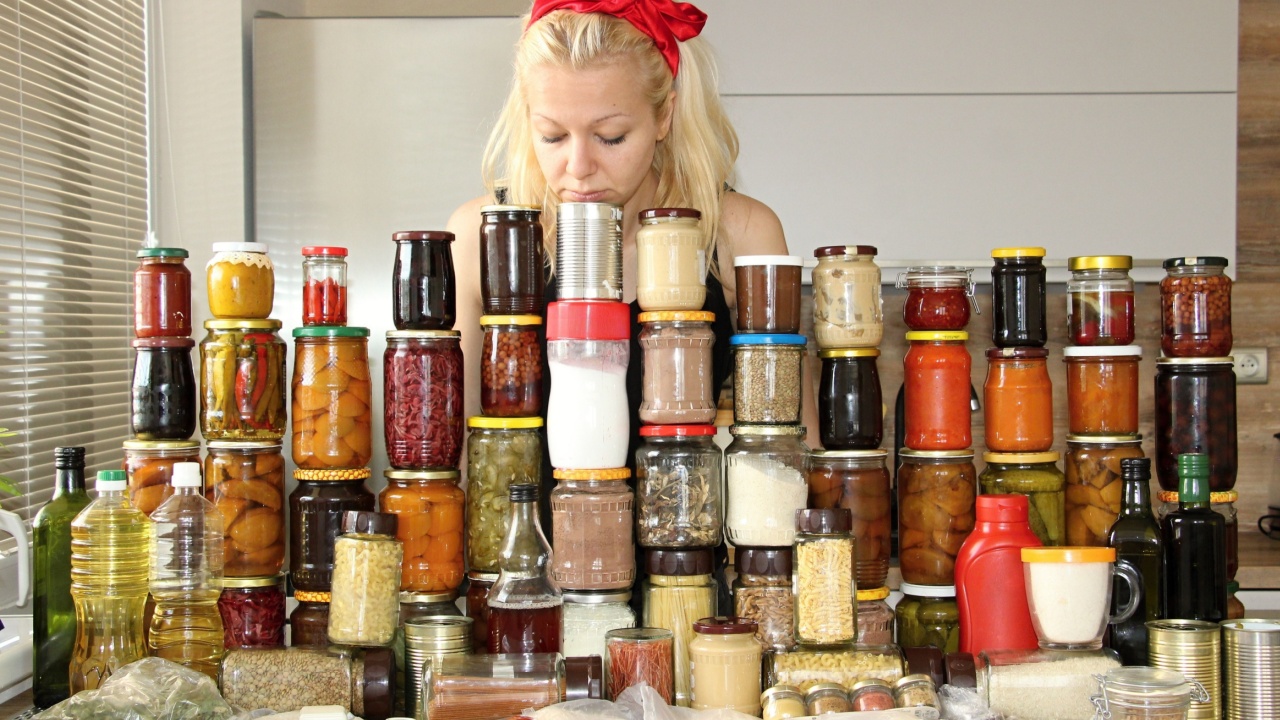
Have a stockpile of essential supplies like food, water, medicine, and batteries. These items can sustain you when resources are scarce. Aim for at least a two-week supply. Regularly check and rotate your supplies to keep them fresh and usable.
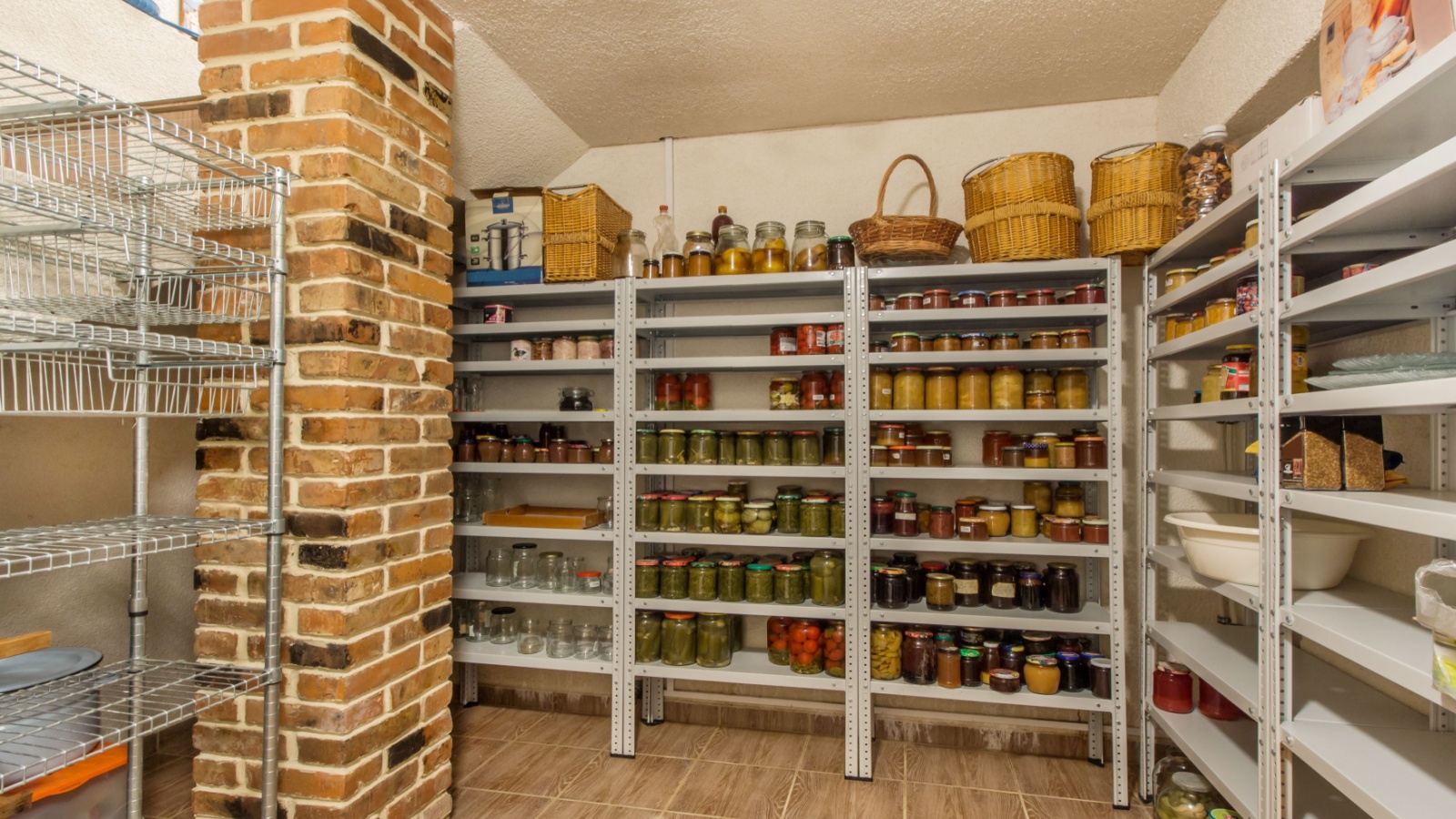
Choose a room in your home to serve as a safe room. Stock it with supplies and make it as secure as possible. This room can be your refuge during dangerous situations. Equip it with communication devices like a radio or cell phone charger for emergency contacts.
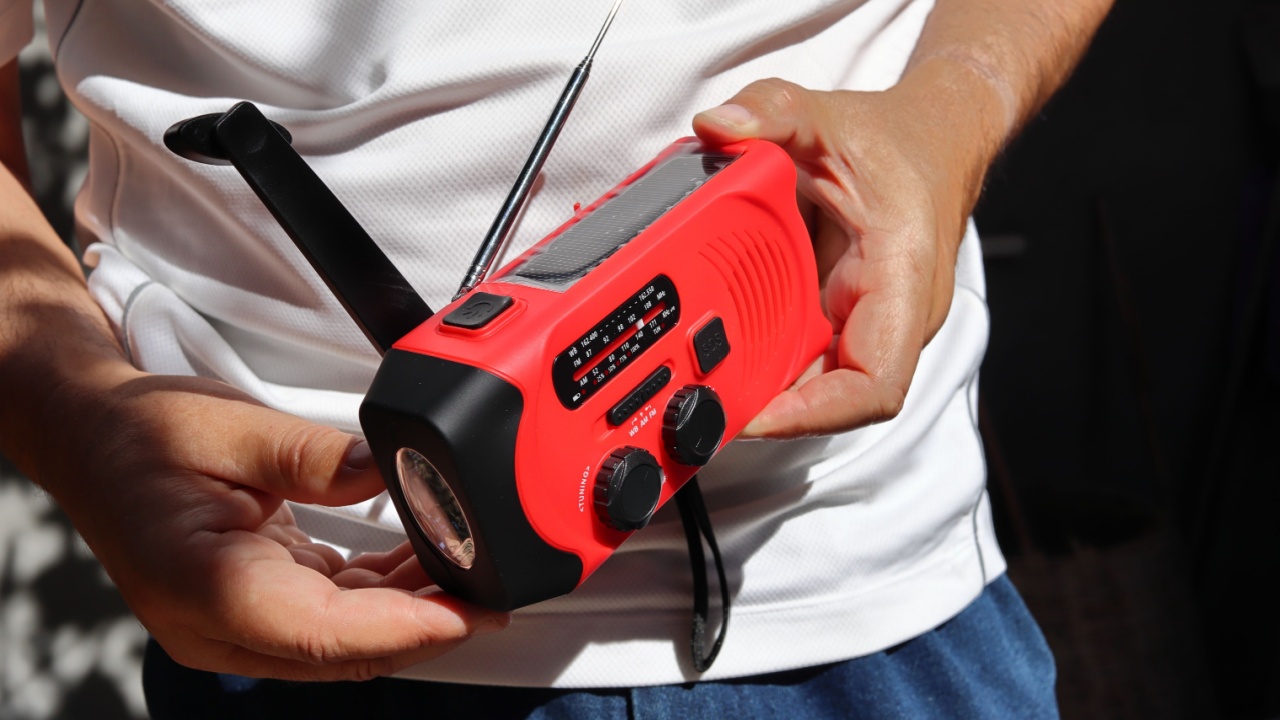
Keep a battery-powered radio to stay updated on news and emergency broadcasts. Staying informed helps you make better decisions. Knowledge of the situation can guide your actions. Follow reliable sources and verify information to avoid rumors.

Strength is in numbers. Form a group with trusted friends, family, or neighbors. Working together can provide mutual support and increased security. Establish clear roles and communication plans within the group for effective coordination.
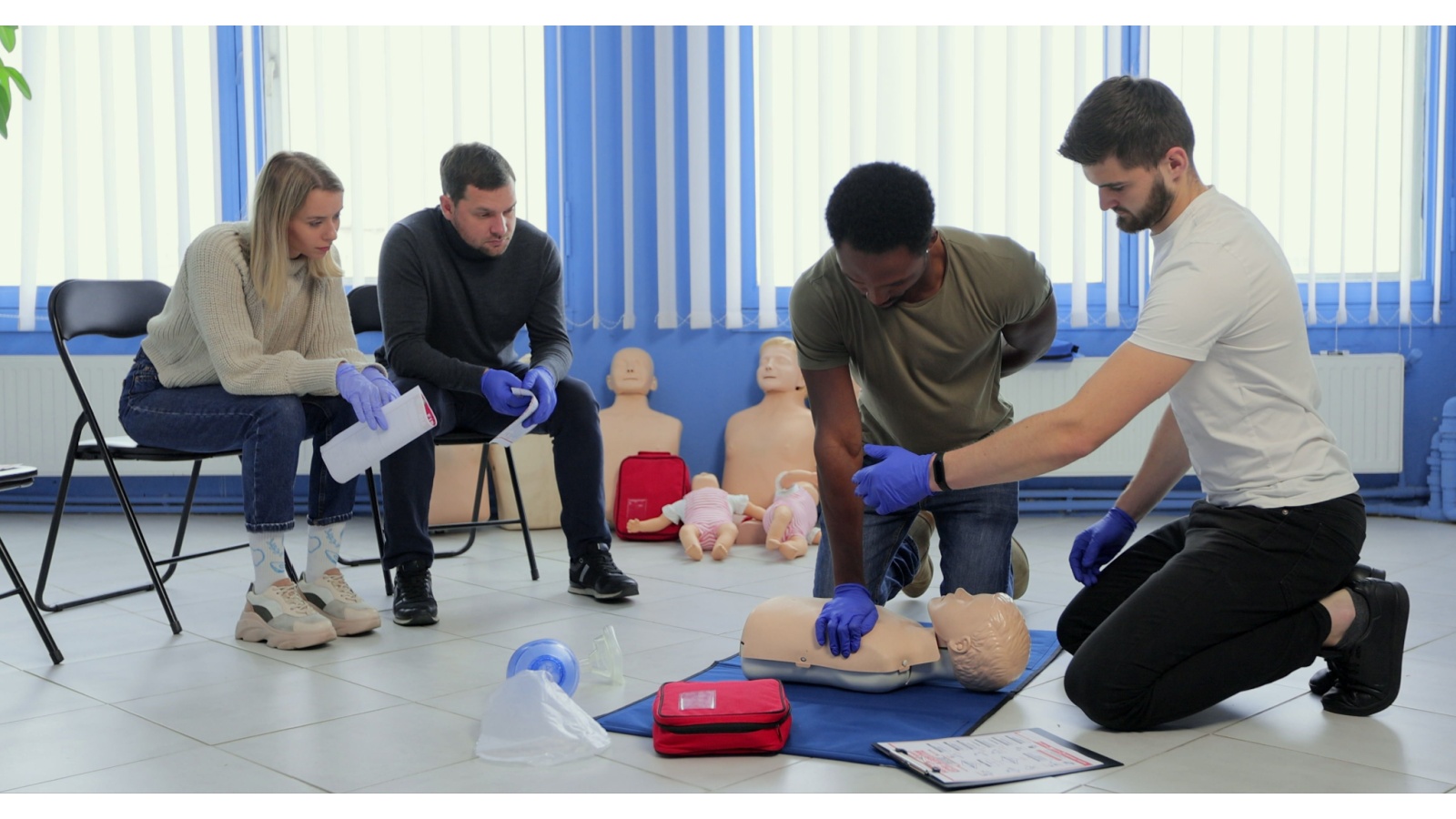
Knowing basic first aid can save lives. Take a first aid course and keep a well-stocked first aid kit. Treating injuries promptly can prevent them from becoming serious. Practice first aid skills regularly to keep them sharp and effective.

Avoid drawing attention to yourself. Stay indoors and keep lights off at night. Blending in and staying hidden can reduce the risk of becoming a target. Use blackout curtains to prevent light from escaping your home and revealing your location.
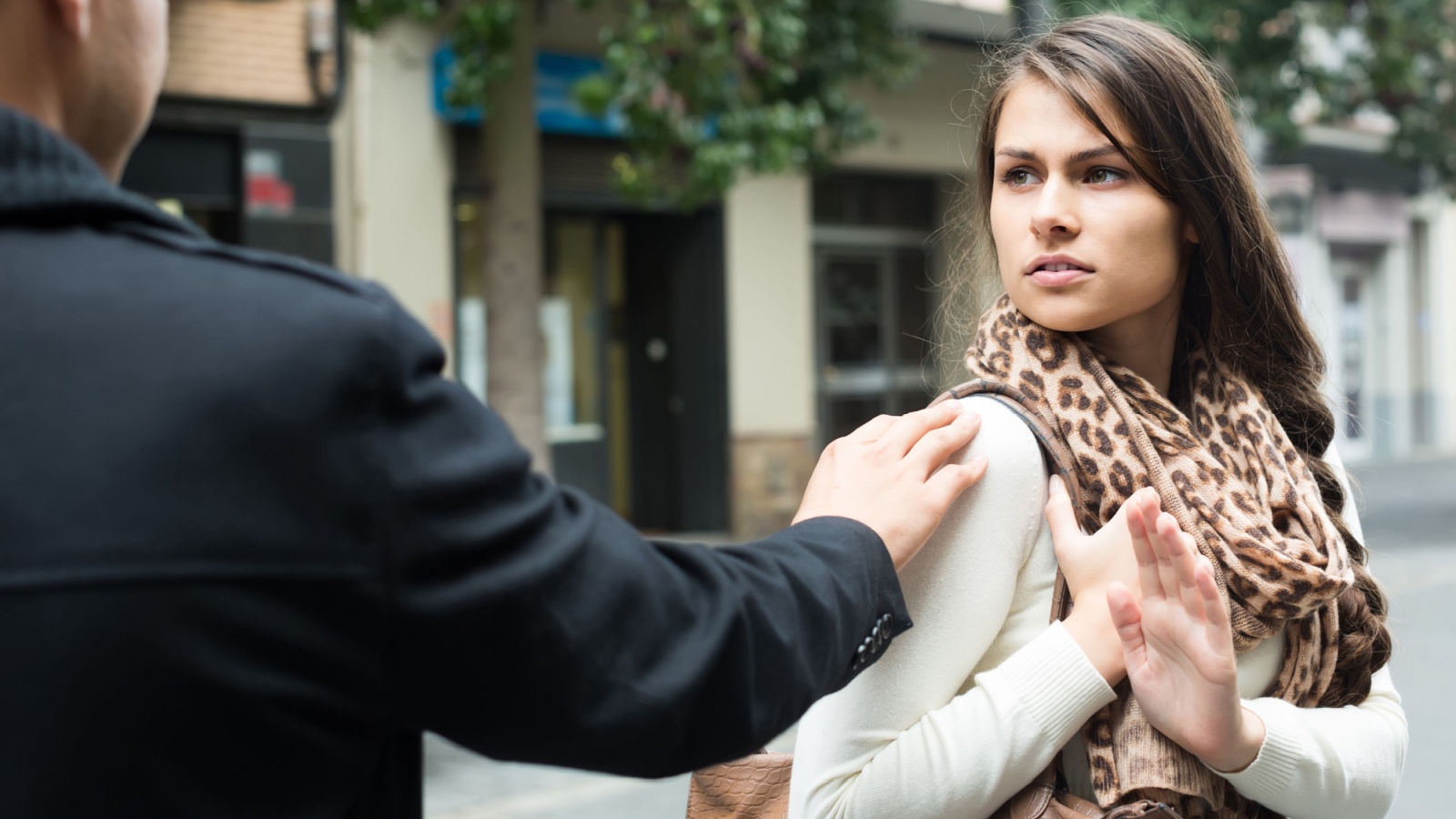
When possible, avoid conflicts and confrontations. Stay away from dangerous areas and people. Keeping a low profile is safer than engaging in fights. If you encounter aggressive individuals, try to de-escalate the situation calmly and respectfully.

Learn basic self-defense techniques. Knowing how to defend yourself can be crucial if you are attacked. Consider taking a self-defense class to be prepared. Keep a personal safety device like pepper spray or a whistle for added protection.
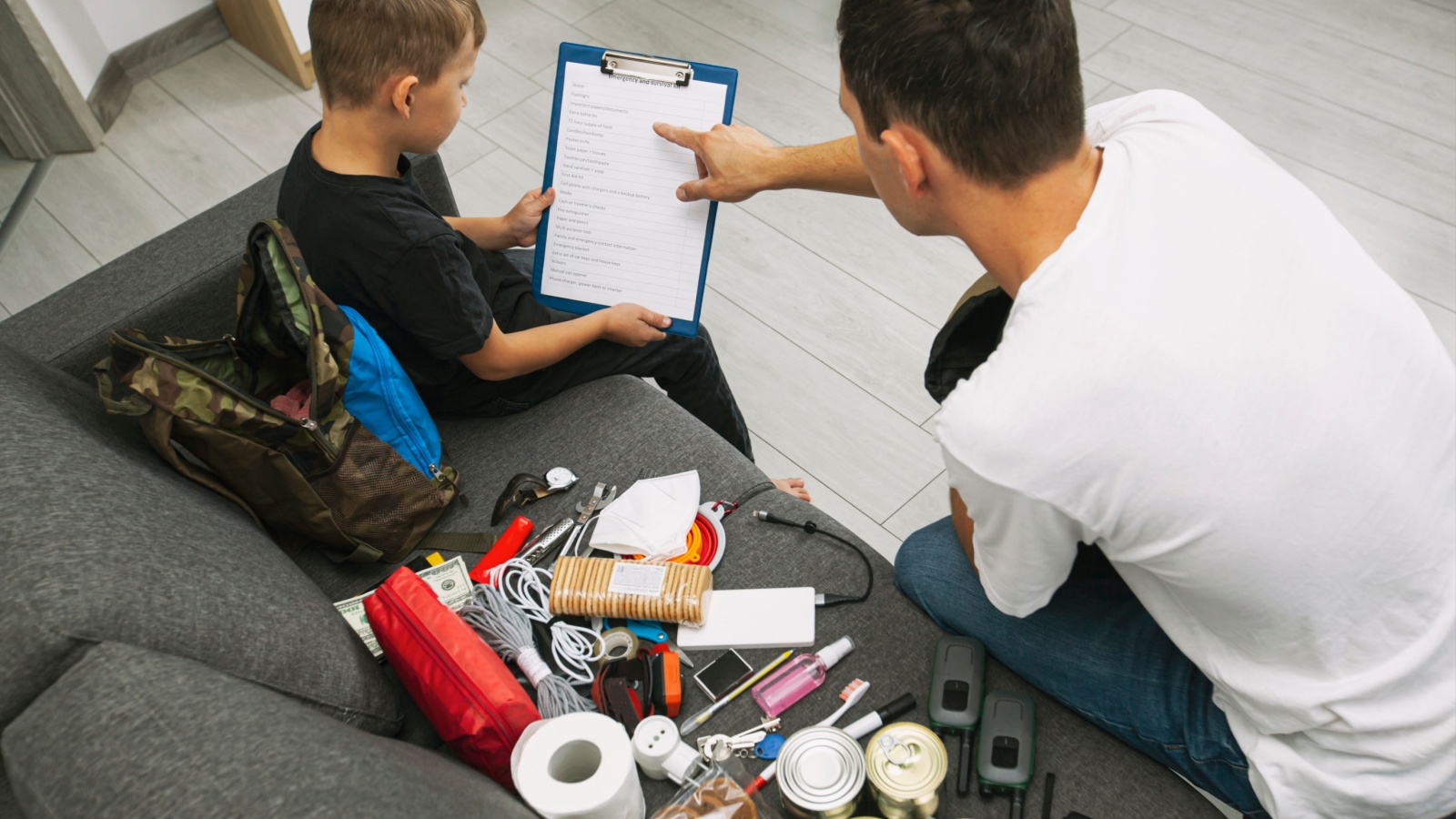
Know when to leave and have an evacuation plan. Identify multiple routes and destinations. Being ready to evacuate can save your life if your location becomes unsafe. Practice your evacuation plan with your family to ensure everyone knows what to do.

If phone lines are down, use alternative communication methods like walkie-talkies. Staying in touch with others is important for coordination and safety. Make sure all group members know how to use these devices. Establish a regular check-in schedule to ensure everyone is safe.

Use your supplies wisely. Ration food and water to make them last longer. Being resourceful ensures you have enough to survive prolonged periods of instability. Plan meals carefully and avoid waste to stretch your supplies further.
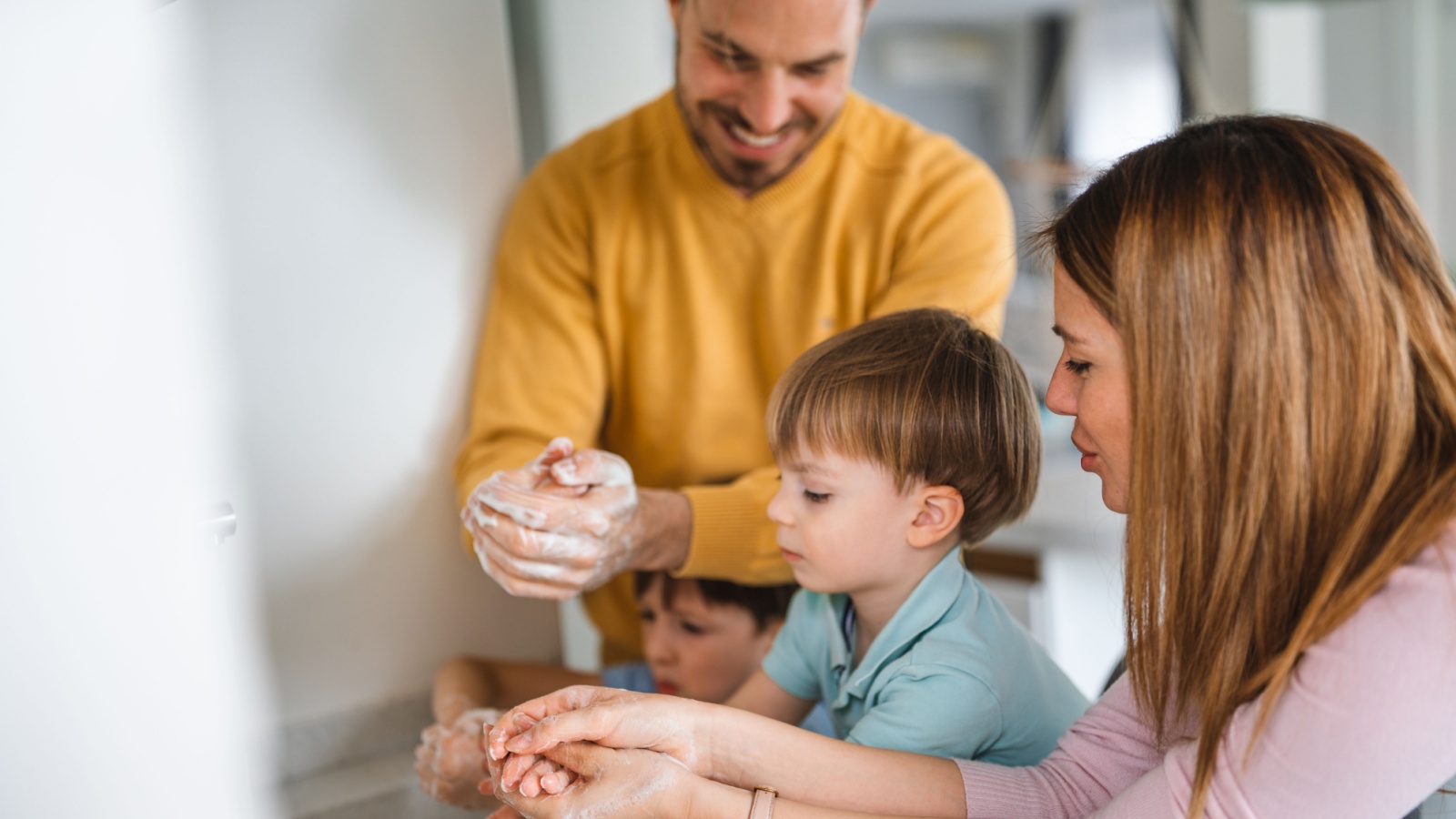
Good hygiene prevents illness. Use hand sanitizers, disinfect surfaces, and manage waste properly. Staying healthy is crucial when medical help is limited. Set up a routine for cleaning and personal hygiene to maintain a healthy environment.
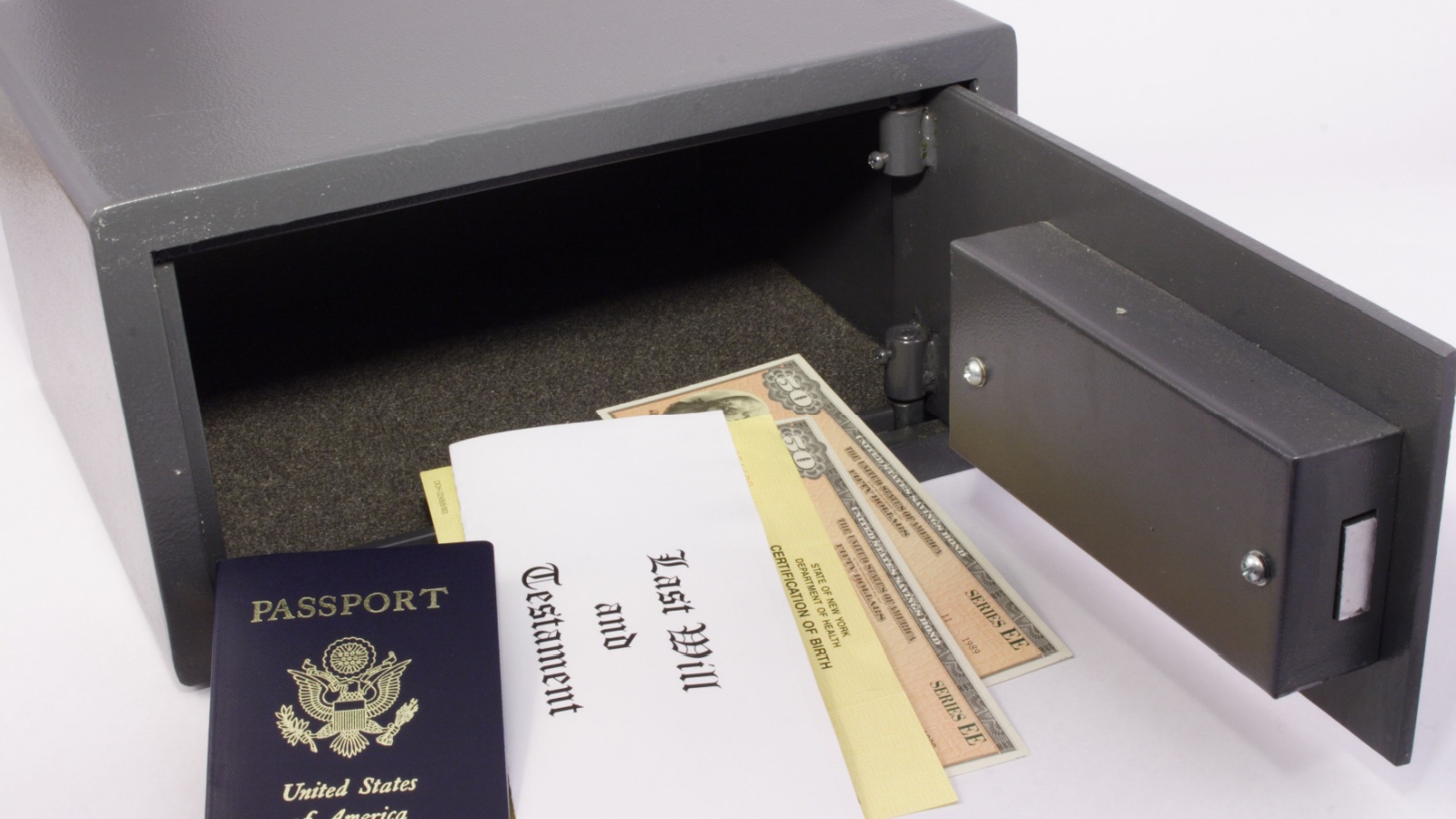
Keep your important documents and valuables in a safe place. Use a safe or hide them securely. Protecting your assets can help you rebuild after the crisis. Make digital copies of important documents and store them securely online.

In the absence of money, bartering becomes valuable. Trade items you have for things you need. Building a network for bartering can help you obtain essential supplies. Learn the value of different items to make fair trades and build trust.
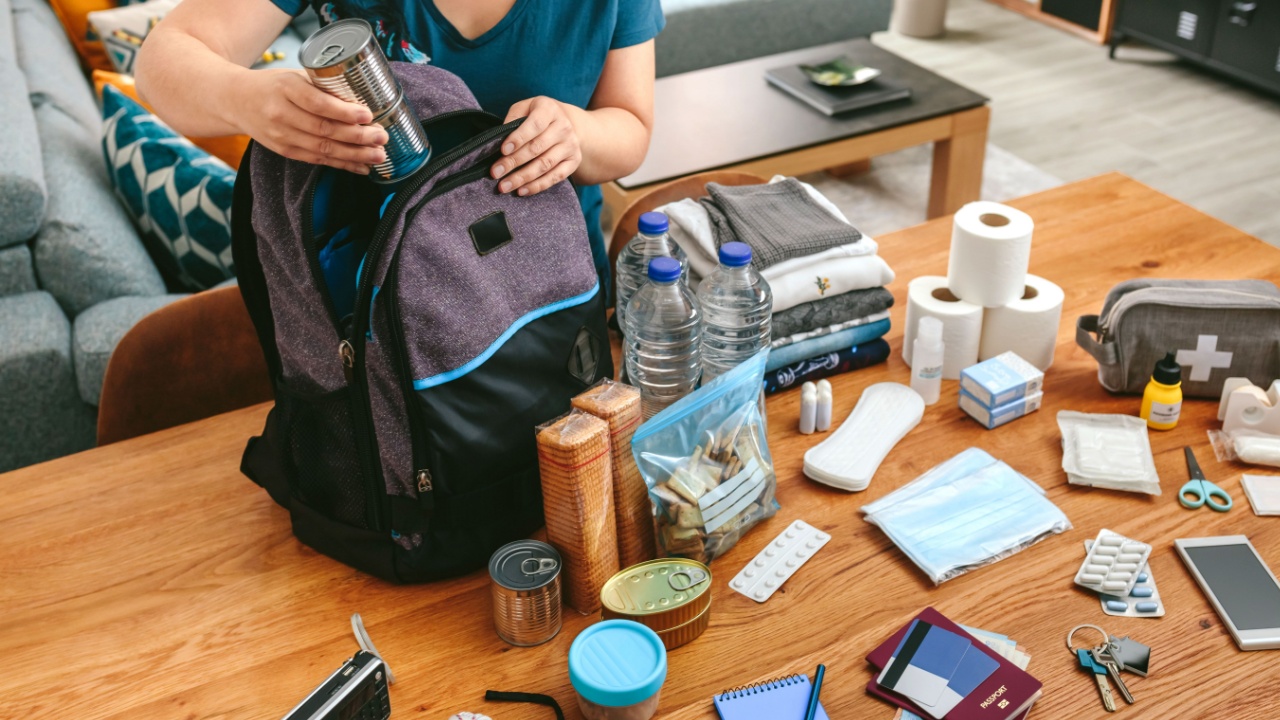
Stay mobile if necessary. Have a go-bag packed with essentials like clothes, food, and important documents. Being ready to move quickly can be crucial for survival. Update your go-bag regularly to ensure it contains up-to-date supplies and information.

Maintaining a positive attitude can help you cope with stress. Encourage and support each other. Staying hopeful and resilient can make a big difference in challenging times. Focus on small victories and progress to keep morale high.
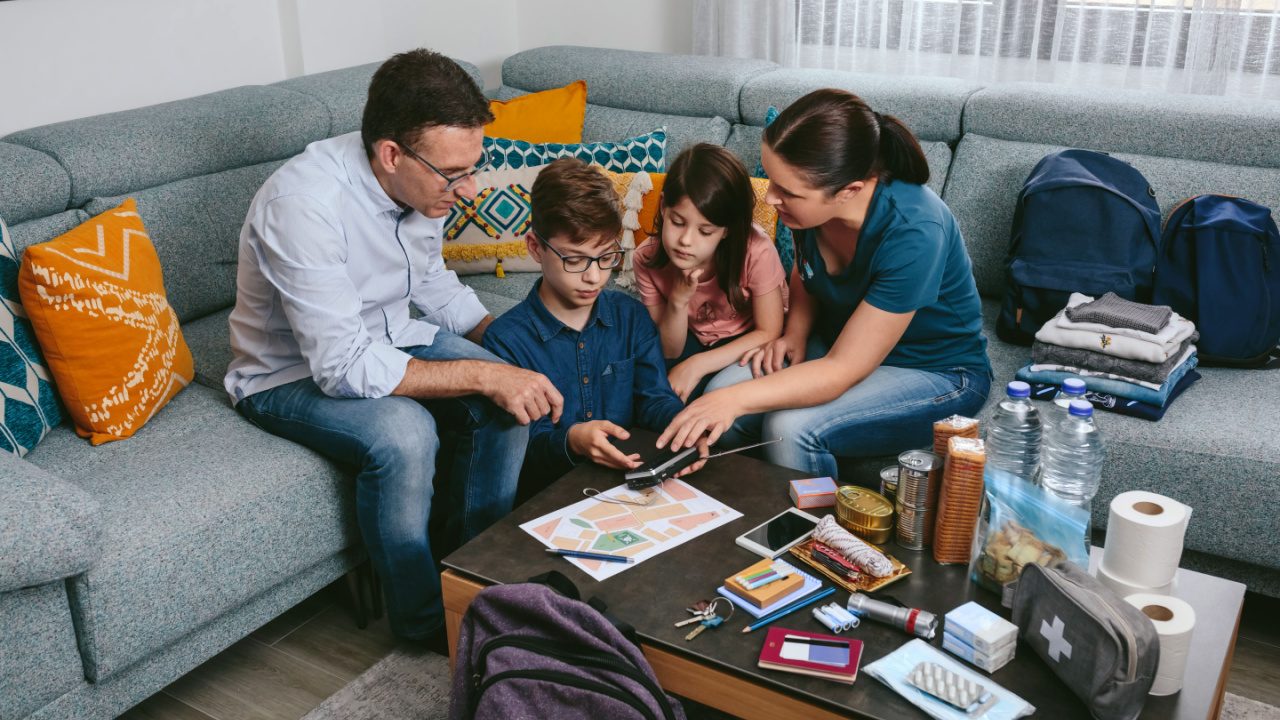
This list extends beyond the basic survival trio of water, food, and weapons. It’s a given that we need to stock up on water, food, and a way to defend ourselves and what we have. But what other things will you need in a survival situation? None of us truly knows what TEOTWAWKI will really look like, although most of us have theories we think most likely. But whatever the situation is, there are certain supplies that it just makes sense to have on hand, aside from the obvious trio I mentioned above.
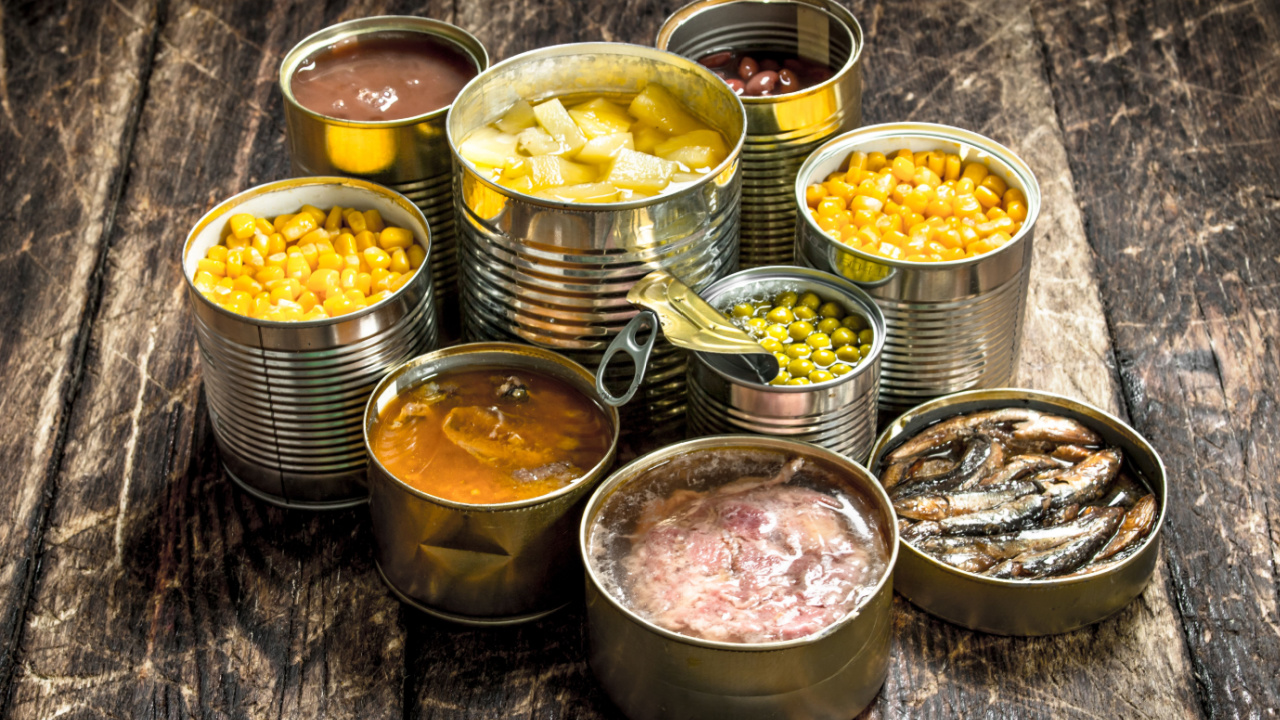
I firmly believe in keeping a well-stocked emergency pantry. While fresh food is ideal, in a survival situation, we may not be that lucky. So, for my family, even though we grow a lot of our own food, canned goods play a crucial role in emergency preparedness. They offer a reliable source of nutrition when access to fresh produce may be limited. The goods you stockpile should be affordable, easy to store, and full of nutrition.
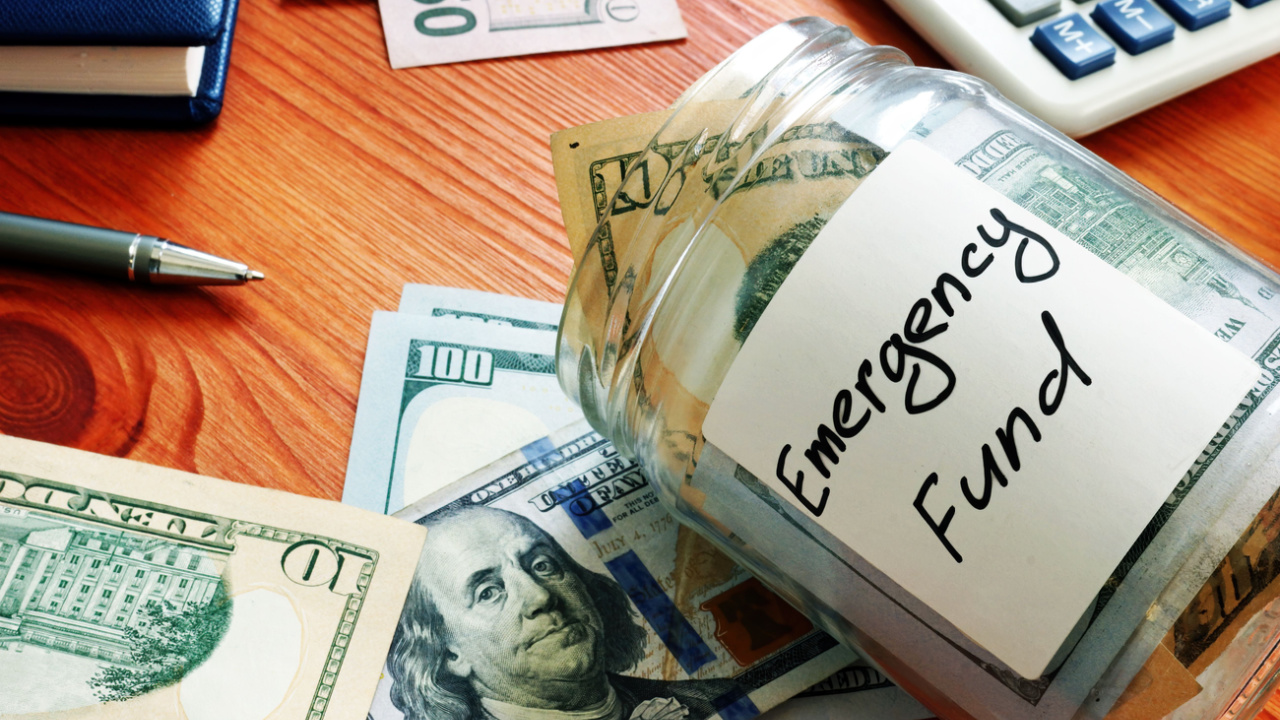
In times of uncertainty, financial stability is more crucial than ever. While prepping for physical emergencies is vital, don’t overlook financial prepping. Avoiding these common money mistakes can help make sure you’re in a stronger position to weather any storm.
